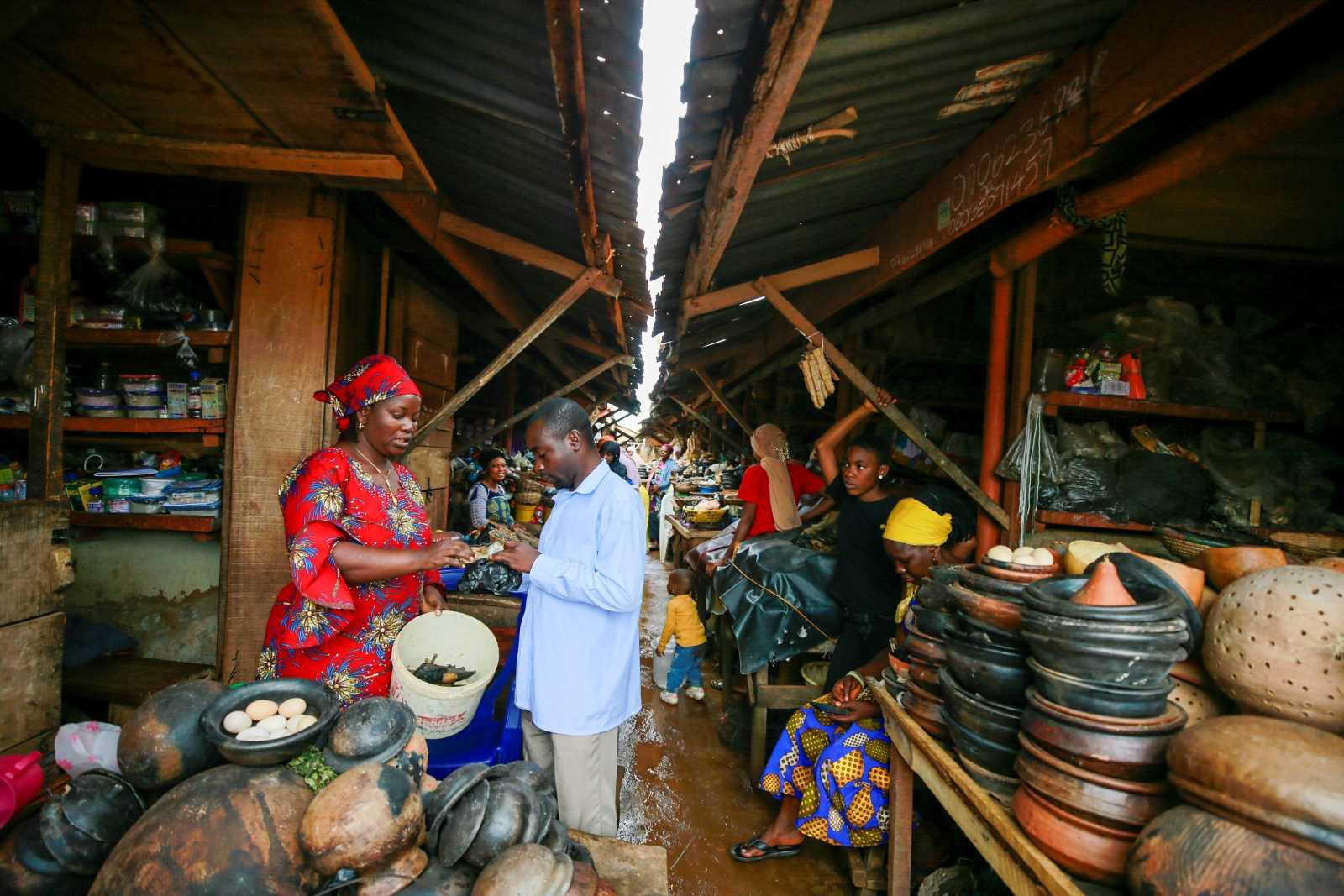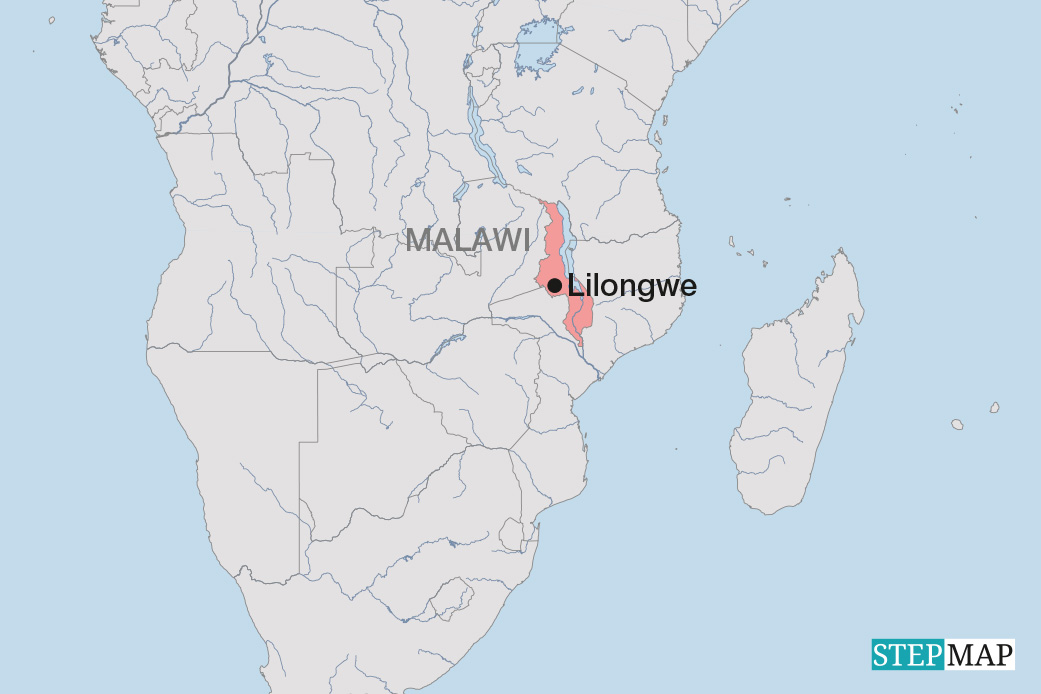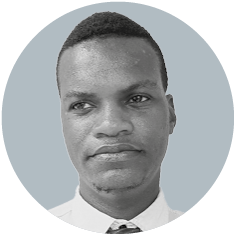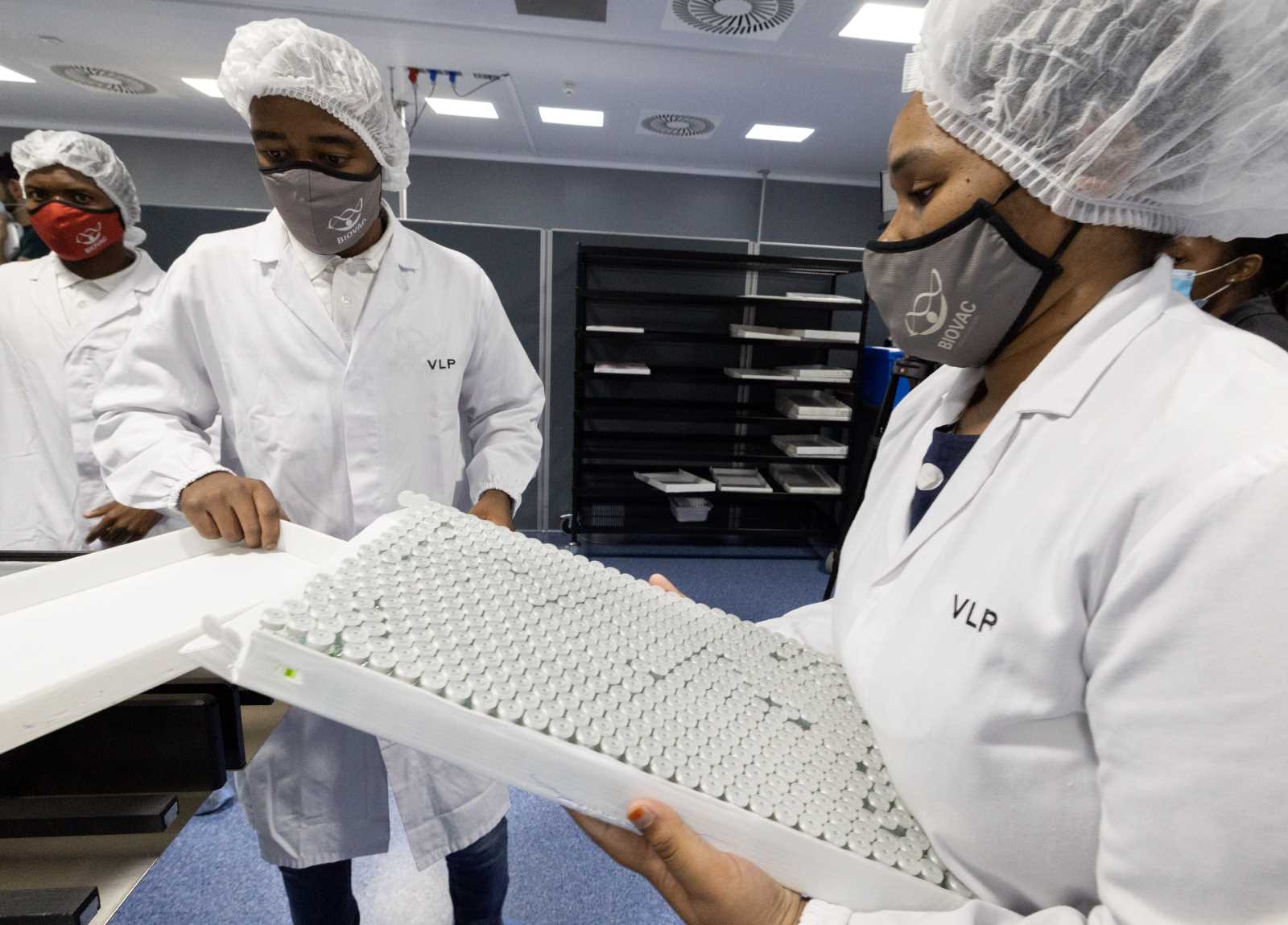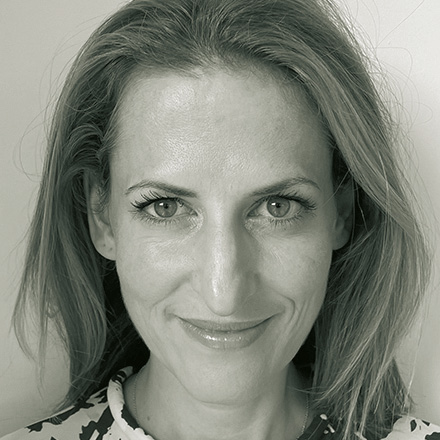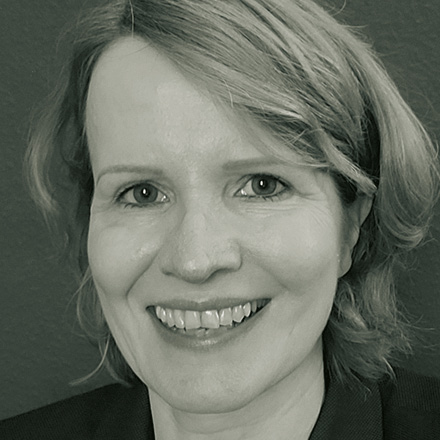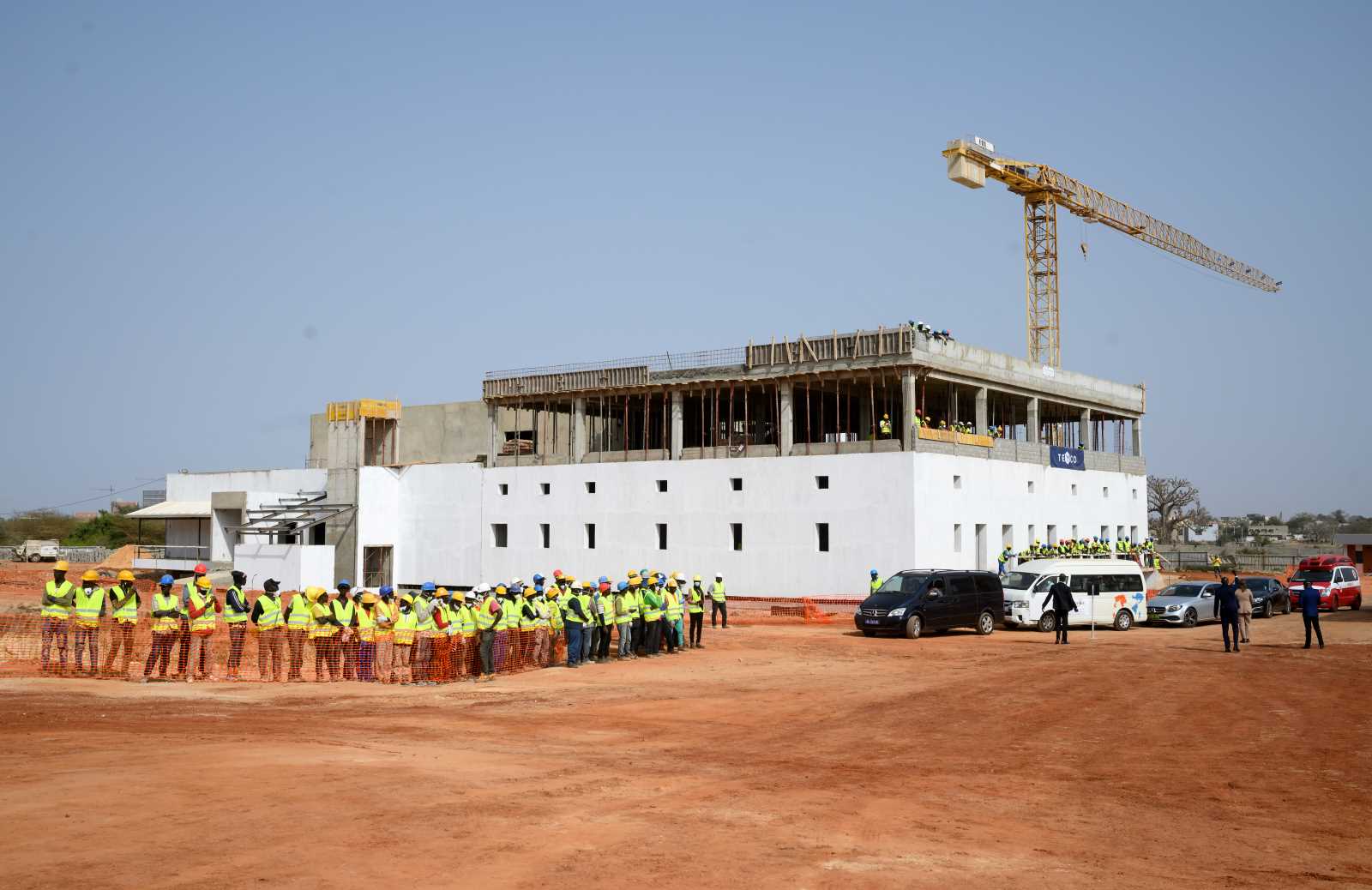Medical anthropology
Medical anthropology: Global health and social inequalities
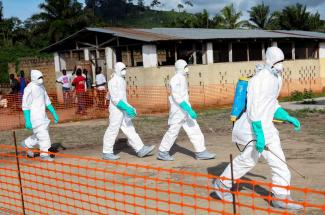
The Covid-19 pandemic revealed the extent to which health challenges are embedded in both global contexts and social inequalities. Starting in 2020, the infectious disease spread worldwide with breath-taking speed – even within high-income countries, which were largely spared from major previous epidemics including SARS, MERS or Ebola.
The Covid-19 pandemic also illustrated that both infection risks and access to healthcare (including vaccinations) are extremely unequally distributed. That is so within societies as well as globally. In Germany, for example, some groups were at particularly high risk of serious illness. They included the elderly as well as people with pre-existing conditions like obesity or diabetes mellitus. These health risks were entangled with socio-economic factors. In particular, members of socially disadvantaged groups – like people working in so-called systemically-relevant industries such as nursing, construction or food service – were less able to protect themselves from infection.
In the global context, social and structural inequalities in healthcare and in the ability to protect oneself from serious infection became similarly apparent. For one thing, these inequalities affected the resources of any given healthcare system. Infected people in India or Brazil often did not get an adequate supply of oxygen, for example. For another, vaccine shortages became obvious in low-income countries, many of which are in Africa.
Medical anthropology as a field of research
The Covid-19-related questions of socially and demographically specific health risks as well as socially and globally unequal access to healthcare are the focus of medical anthropology. Since the 1960s, this subfield of social and cultural anthropology has become the largest branch of the discipline, especially in North America. That is evident in terms of teaching, research programmes and fields of work.
Medical anthropologists research how gender, social background and cultural norms shape perceptions of illness and wellbeing. They focus on how affected people experience specific health phenomena and examine how health challenges are addressed in interaction with their personal respective networks. Relevant research issues include the prevention and treatment of physical and mental illness. Reproductive health matters too, of course.
Particularly in world regions with few resources, people rely heavily on support from non-governmental organisations as well as on extended families and local communities. This is less so in industrialised nations, where far more people are covered by health insurance, and formal healthcare infrastructure is much stronger. However, there are significant differences in health protection between high-income nations too, for instance between the welfare states of northern Europe and the mostly private health-care systems of North America.
Individual and collective experiences of health issues obviously depend on the conditions of the healthcare systems in which they occur. Political and economic factors are therefore highly relevant to the field of medical anthropology.
Within high-income countries, inequalities in access to healthcare persist largely due to social, cultural and linguistic barriers. They greatly disadvantage migrants, for example. Global inequalities are particularly concerning in resource-poor countries that often depend on international funding. In many places, corporate profit-interests tend to determine whether people get access to medication (for malaria or HIV/AIDS, for instance).
Ultimately historical and political factors determine the kind of medical care that is available in any given country. Biomedicine – defined as medicine based on biological science – is dominant in western industrialised nations. In Africa, Asia and Latin America its history is closely connected to the violent colonial past. In those world regions, people often rely on a broad variety of forms of healthcare (including “traditional” practitioners, faith healers or medical systems like Ayurveda or homeopathy). These options coexist with biomedicine. Of course, there is a growing market for spiritual or alternative medicine in western nations as well, but the difference is that these options are used especially by better-off patients.
Medical anthropology and global health
The field of global health has created new challenges and opportunities for medical anthropology. “Global health” has become a fast-growing field of work and study. Universities around the world have launched programmes on the topic. Medical anthropologists are involved in a variety of multi-disciplinary collaborations. Others work for one of the many international health organisations in this field.
An important aspect of medical anthropological research concerning global health is the ability to translate between different social and cultural contexts. Medical anthropologists dive deep into local communities in long-term field work, gaining the trust needed to understand how people engage with specific treatment or prevention services – or why they reject them in response, for instance, to new health challenges like Covid-19.
Medical anthropology also reveals what resources people mobilise, depending on their circumstances, when faced with life-threatening or chronic illnesses. It also shows what role new and old networks of solidarity (familial, religious and other communities) play.
At the same time, medical anthropology makes clear which groups suffer most from discrimination in a society, such as those who have a disability or stigmatised illnesses like HIV/AIDS. Researchers can also determine what medical, material, psychological and linguistic services would best meet marginalised people’s specific needs.
Ultimately medical anthropologists focus not only on the mechanisms of healthcare itself and the question of how treatment, care and prevention can be improved in general. They also pay attention to the social context and its underlying implications. Outreach and the practice of prevention programmes and vaccine campaigns that aim to reach people of different ages, genders and social backgrounds can benefit from such research.
Governmental and non-governmental action in new epidemics also demonstrates the challenges that health organisations are facing in a globalised world. In particular, the “emergency responses” of international organisations to epidemics like Ebola have shown that affected societies in resource-poor settings often deeply mistrust such interventions. Organisations typically take too little time to engage with specific local conditions and needs and are therefore often implicated in the long history of colonial and postcolonial dominance.
In all of these situations, medical anthropologists are in a position to mediate between different contexts, helping to build mutual trust. Their focus is on the resources and potential for action of individual people and local communities – anywhere in the world.
References
Dilger, H. and Hadolt, B. (eds.), 2010: Medizin im Kontext: Krankheit und Gesundheit in einer vernetzten Welt (“Medicine in context: disease and health in a networked world” – in German). Frankfurt am Main, Peter Lang.
Yates-Doerr, E., 2019: Whose global, which health? Unsettling collaboration with careful equivocation. American Anthropologist 121, 297-310.
Hansjörg Dilger is a professor of social and cultural anthropology and head of the research area Medical Anthropology / Global Health at the Freie Universität Berlin.
hansjoerg.dilger@berlin.de


